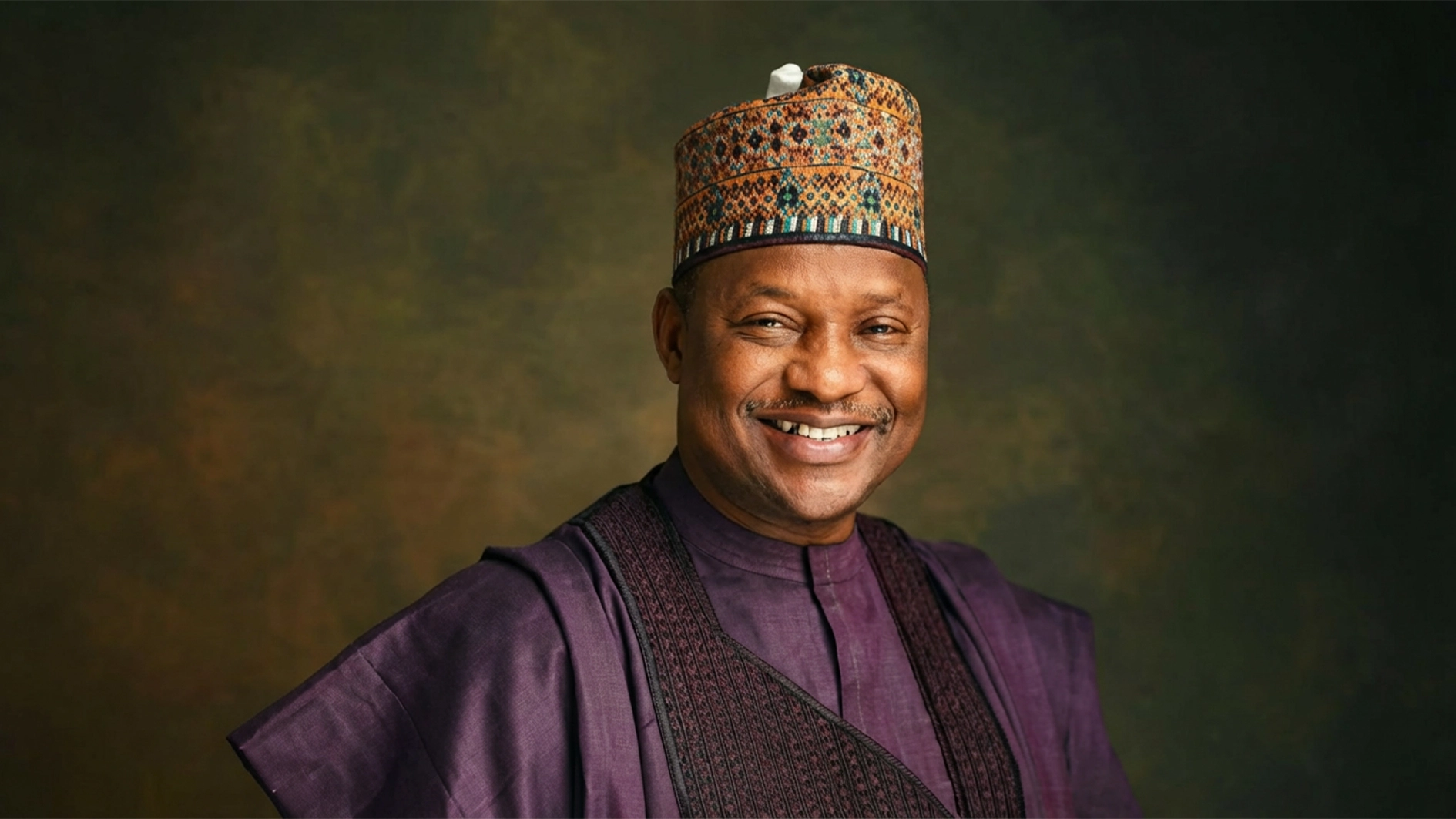
The core highlights in this article are;
● Investing in Property in Nigeria
● Where to Buy Property in Nigeria
● How Foreign Citizens Can Buy Property in Nigeria
Nigeria is undoubtedly one of the most prominent African countries. In fact Nigeria is the largest economy as well as the most populous country in Africa. In addition to this, new industries like financial technology and real estate continue to develop rapidly in the modern nation. A quick survey of the skylines of major Nigerian cities such as Lagos and Abuja underscores the great scale and value of the local real estate industry. But there’s more to the scene than tall buildings and grand designs. Buying property in Nigeria is a good investment. With the right strategy, process and information, one can gain significant returns from investing in Nigerian real estate.
High Demand
With some of the most densely populated cities in Africa, it’s no surprise that Nigeria has incredibly high demand for property. Millions of people search for affordable houses and land for sale in Nigeria everyday. Research shows that Nigeria’s housing deficit stands at more than 20 million units, the highest in Africa. Furthermore, according to the World Bank, Nigeria has an urban population growth rate of 4.1 percent, with about 52 percent of the country’s population living in urban areas. Indeed, a UN Department of Economic and Social Affairs report suggested that around 700,000 thousand housing units will have to be built every year in Nigeria to keep up with the steady growth in demand for housing. By extension, Nigeria’s property market is not only large but valuable. According to the National Bureau of Statistics, Nigeria’s real estate sector accounted for 6.39 percent of the country’s GDP in 2020 (around $7.3 billion). Consequently these trends point toward an underlying need and significant opportunity for investment in the Nigerian real estate industry, especially within its fast developing cities.
Prime Locations with high Return on Investment
The significant investment that has poured into cities like Lagos and Abuja over the years has led to the emergence of a property market that is characterized by grand scale, luxury and high returns. Interestingly this has led to increasing numbers of foreigners and non-citizens who want to buy property in Nigeria. Naturally, location has a significant impact on the average price of property for sale in Nigeria. Property listings in trendy urban areas offer luxury property at high price points while property listings in working class commercial zones offer affordable property in Nigeria. If you want to buy property or land in Lagos, Port Harcourt, Ibadan and more you must have a detailed understanding of the market dynamics of the specific areas you are interested in. For example, major parts of Lagos Island are more expensive than parts of the Lagos Mainland. Lagos’s Banana Island and Ikoyi which have a significant concentration of High-Net worth Nigerians, arguably boasts some of the most expensive properties in the country. A 3-bedroom apartment in Banana Island typically sells for N100 million ($625,000) while a 5-bedroom house could cost up to N450 million ($2.81Million). Similarly a 3 bedroom luxury flat in Ikoyi Lagos could cost around $700,000. Moreover, due to the considerable cost of purchasing properties, rental properties also remain highly valuable and in demand. Rent for a 3-bedroom apartment in Lagos could go as high as N10 million ($63,000) per annum. In terms of Land value, a 100m2 piece of land could be priced at $213,000 in Victoria Garden City and $1,489,000 in Banana Island. The Lagos mainland also features increasingly attractive properties. In a report released by Nairametrics, Lola Afolabi of the Nigerian Institution of Estate Surveyors and Valuers (NEISV) stated that “The presence of supporting infrastructure has contributed to the capital value increase in the Mainland. Ikeja GRA and its surrounding areas like Maryland, Mende, Shonibare estate remains the most expensive locations on the mainland part of Lagos state. This is expected to continue as more residential and commercial development comes up in these neighborhoods, particularly Ikeja GRA, in a few years’ time.” Mr Bamigbola also of the NEISV stated that “The median yield in Lagos state from consensus analysis is 4.32%.”
Housing is typically capital intensive in Nigeria due to the high cost of construction, surging land prices and high interest/ inflation rates. The high capital requirement of housing has made long-term financing, especially critical in driving affordability; particularly for lower and middle-income groups. Consequently a significant number of banks and commercial institutions offer mortgages in Nigeria to support investors in real estate. Interest rates for mortgage products typically range between 15%-25% per annum for a tenor up to 20 years. While this remains comparatively high, some mortgage banks including Cooperative Mortgage Bank have gotten creative in reducing their interest rates by taking the burden of building residential properties and placing those properties on mortgages at single-digit interest rates of about 9% per annum. Mortgage banks have also executed partnerships with cooperatives to design a system where their members can make convenient monthly contributions to the mortgage bank to qualify them for affordable and quality homes over time. Furthermore, public sector schemes such as the National Housing Fund have been initiated to provide affordable mortgages that make residential real estate more accessible to Nigerian residents.
The Securities and Exchange Commission (SEC) also offers and regulates Real estate Investment Trusts (REITs). REITs are collective investment schemes that pool investment capital from investors to acquire income-producing real estate or mortgage loans, or a combination of both. In a REIT, a single investor can own one or several property units, while the participating company manages all of the units on the investor’s behalf, including maintenance, advertising, and screening potential tenants. In exchange for conducting these management tasks, the company takes a percentage of the monthly rent.
In the past decade, the Nigerian real estate industry has seen rapid development and adoption of technology to meet the diverse demands of market participants. The exciting emergence of Proptech continues to improve security, efficiency, accessibility and value of real estate transactions in Nigeria. Perhaps even more importantly, proptech makes the Nigerian real estate industry more attractive to foreign investors who have previously balked at the pervasive red tape and high costs of property transactions in the country. Indeed, these Proptech companies offer a gamut of important services for people looking to engage in Nigerian real estate including: financing, property management, data and analytics, listings, sales management and marketing. Perhaps one of the most exciting proptech companies to emerge in the Nigerian real estate market industry is Seso Global. Seso Global’s innovative marketplace offers a unique one stop-shop for digital real estate transactions. Additionally, through its unique ecosystem of services Seso offers buyers access to trusted properties and professional services. This allows for a secure end-to-end property purchasing experience along the entire real estate value chain.
Video: An Unbelievable Super Affordable Homes In Lagos Nigeria!
Seso Global has established itself as Africa’s most trusted property app, by providing a one-stop-shop for property buyers and creating a unique ecosystem of African real estate services. The Seso Global app has been called the Zillow of Africa because it is a comprehensive digital real estate transactions marketplace. It offers investors and home buyers a diverse range of properties for sale, real estate services and professional service providers. Using the power of proptech, Seso Global guarantees a secure and efficient end-to-end property purchasing experience along the real estate value chain. This allows customers to Buy African properties with trust. With Seso Global, you can effortlessly purchase affordable properties or secure mortgages in Ghana and Nigeria online. Contact Seso Global today and embark on your investment journey the right way.
Backlinks
https://app.seso.global/properties
Africa Property Developer Finance Dealroom
How To Finance Your Investment in African Real Estate
Investing in African Real Estate: Trends, Opportunities, and Strategies for Success
Tips for Managing An Investment Property In Ghana and Nigeria
Tips for Managing An Investment Property In Ghana and Nigeria
Navigating Real Estate Markets in Ghana and Nigeria as a Foreign Investor
The Role of Technology in Improving the Real Estate Market in Nigeria and Ghana
The West African Economic Outlook for 2023
Up & Coming Areas for Real Estate Investment In Ghana
Up & Coming Areas for Real Estate Investment in Nigeria
How Africa Became the Hottest Travel Destination for African Diasporans
Exploring Ghana’s Top December Holiday Destinations – SESO






